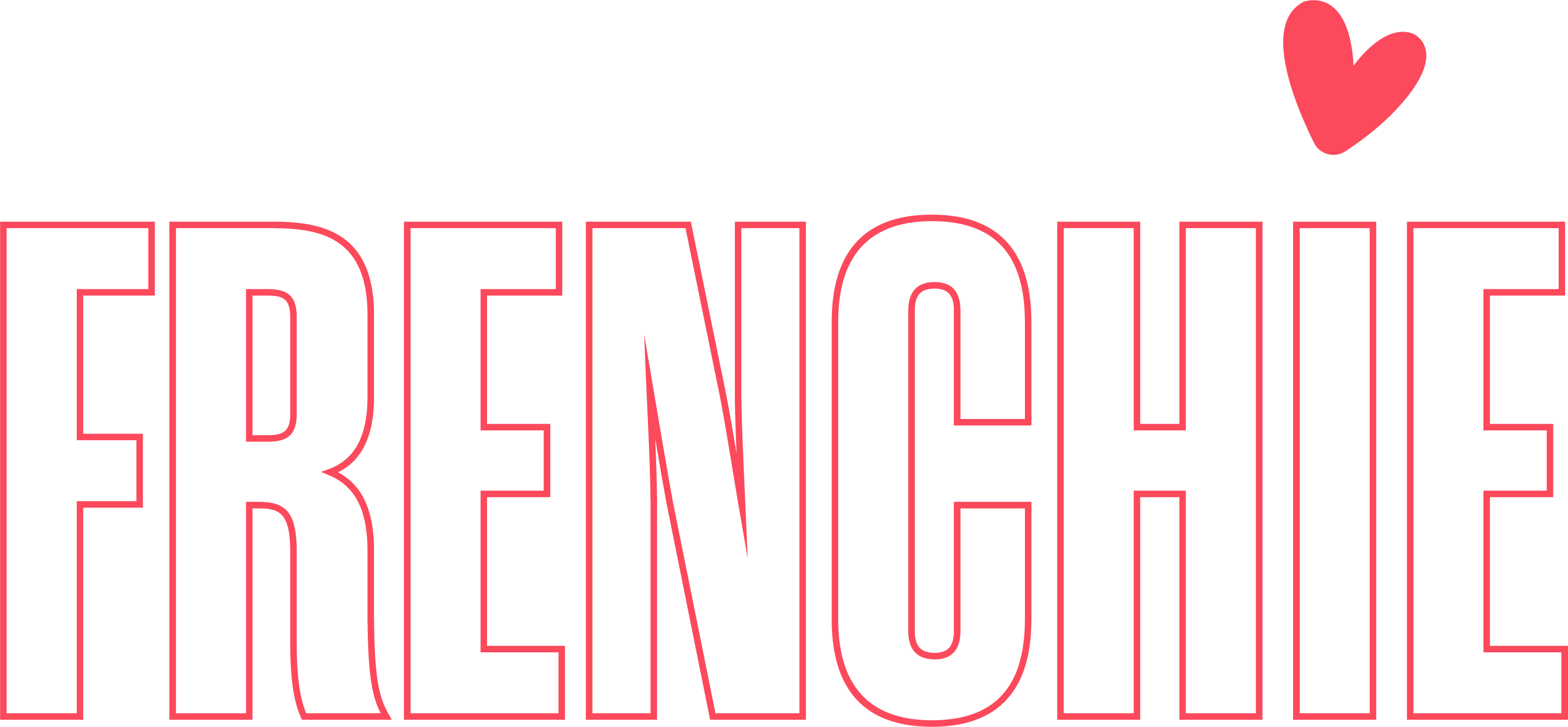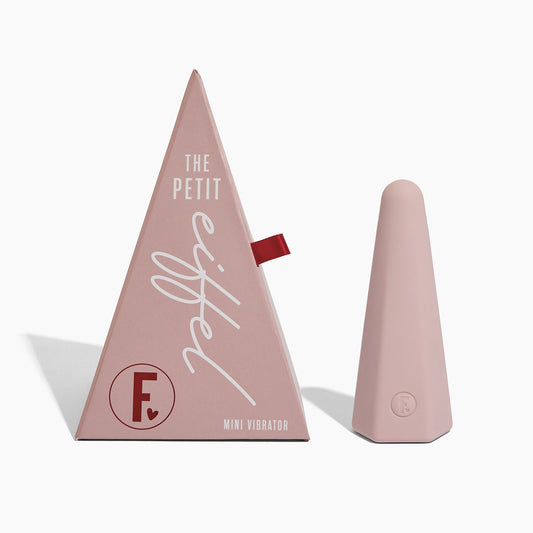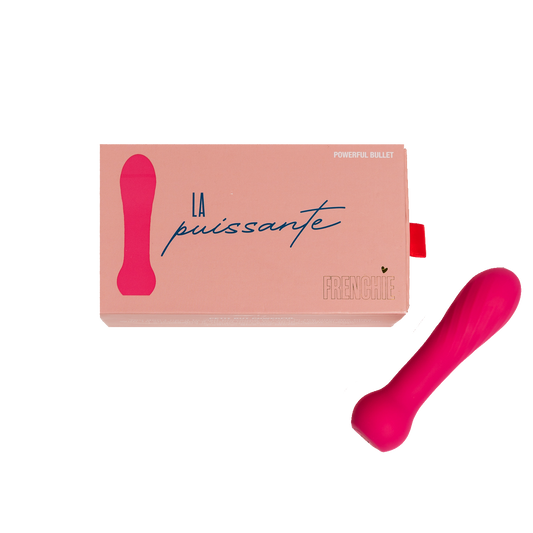how old is too old?
You have probably seen or heard about the petition led by former Kambala school student Chanel Contos. It demands that consent be taught earlier in the sex education curriculum in schools around Australia. Currently, the average age at which students start learning about sexual health and education is 15 to 16 years.
Through polls conducted on her Instagram platform, Chanel discovered thousands of girls who have been sexually assault or harassed before this age. If ever there was evidence for prioritising inclusive, informative and relevant education around sexual health and wellness at schools, this is it.
The system needs to change, and it needs to change soon.
Turn on the news today and stories about rape are pervasive and persistent. Girls and women constantly live in fear of sexual harassment and assault - a staggering 1 in 6 women in Australia and 1 in 25 men have experienced sexual assault. Erasing this rape culture requires early education. We cannot and dare not continue to foster an environment where a victim’s silence is encouraged while everyone looks the other way.
Rape is a systemic issue and it can be traced from high schools all the way to Canberra in Parliament House. It is time for the sex education curriculum in schools to be reformed as a matter of urgency.
It starts with understanding consent, which should be taught at a younger age.
"Consent is dynamic, it's ongoing, it's about being informed"
Consent is not just about saying “no”. Sadly, many young people and adults are not fully aware of what consent looks and sounds like. How? They have not been educated about it.
Consent is dynamic, it’s ongoing, it’s about being informed. Consent is sexy, it creates empowerment, sensuality and trust between partners. By focusing on consent in schools, we can radically change our ways of thinking and how young people talk about sex and hook ups.
In a recent interview, Chanel emphasised the importance of shifting the way school students talk about sexual encounters, including addressing issues such as slut shaming, toxic masculinity, peer pressure, victim blaming and a lack of knowledge around consent and sexual boundaries.
Along with the petition, which now has over 32,500 signatures, Chanel has been collecting testimony from thousands of current and former Sydney high school students about the sexual assault and abuse they experienced at the hands of their male counterparts. The testimonies are widespread and horrendous, at the time of writing there are over 3,000 testimonies. The testimonies also reveal the dire societal problem we have around rape culture and society’s treatment of women.
These stories underpin the urgent need for action. As the old saying goes: “It takes a village to raise a child,” so let’s do it right and make this a community effort.
We can already see action has started to take place. Recently, Chanel met with 10 principals from Eastern suburbs private schools and fifteen private school alumni associations to address the many sexual assault claims from their former students. The Australian Human Rights Commission has initiated discussions with schools regarding responses to the problem of teenage sexual assault and hundreds of private school heads have met with the NSW Police sex crimes squad boss Stacey Maloney.
This is just the beginning of the long and important road to sexual education reform and the eradication of sexual assault and harassment in our schools.
If you want to sign the petition or submit testimony click here.
If you need help:
National Sexual Assault, Family & Domestic Violence Counselling Line – 1800 737 732
1800 Respect National Helpline – 1800 737 732
Lifeline 24 Hour Crisis Line – 131 114
Beyond Blue – 1300 224 636
NSW Child Protection Helpline – 132 111





